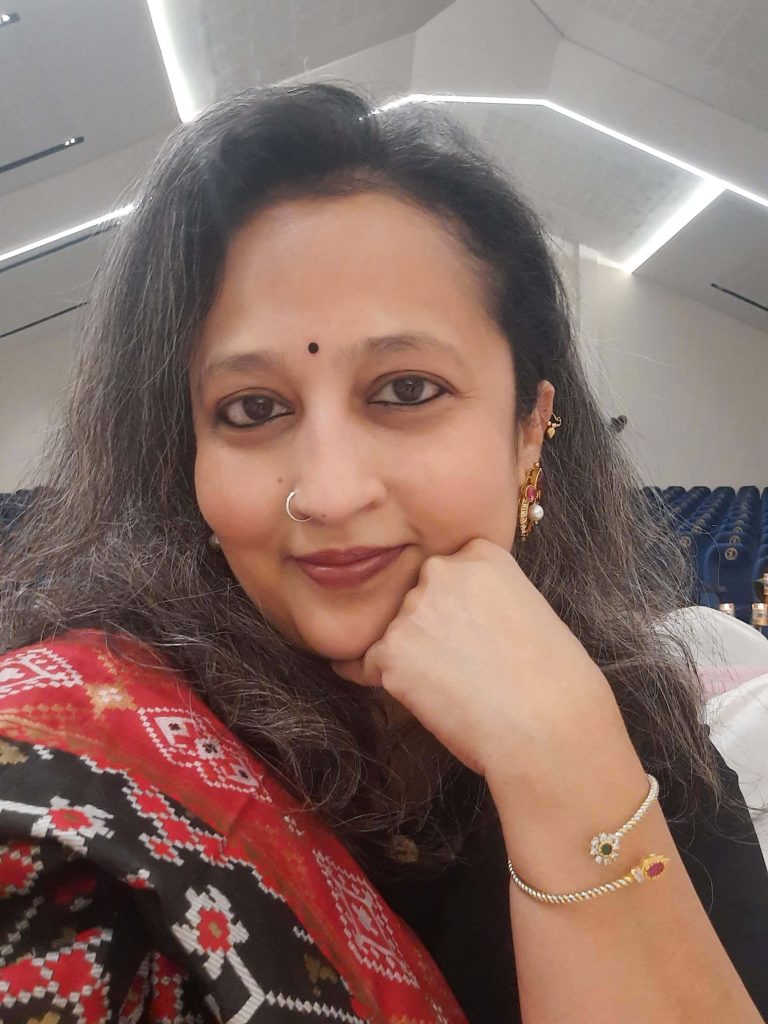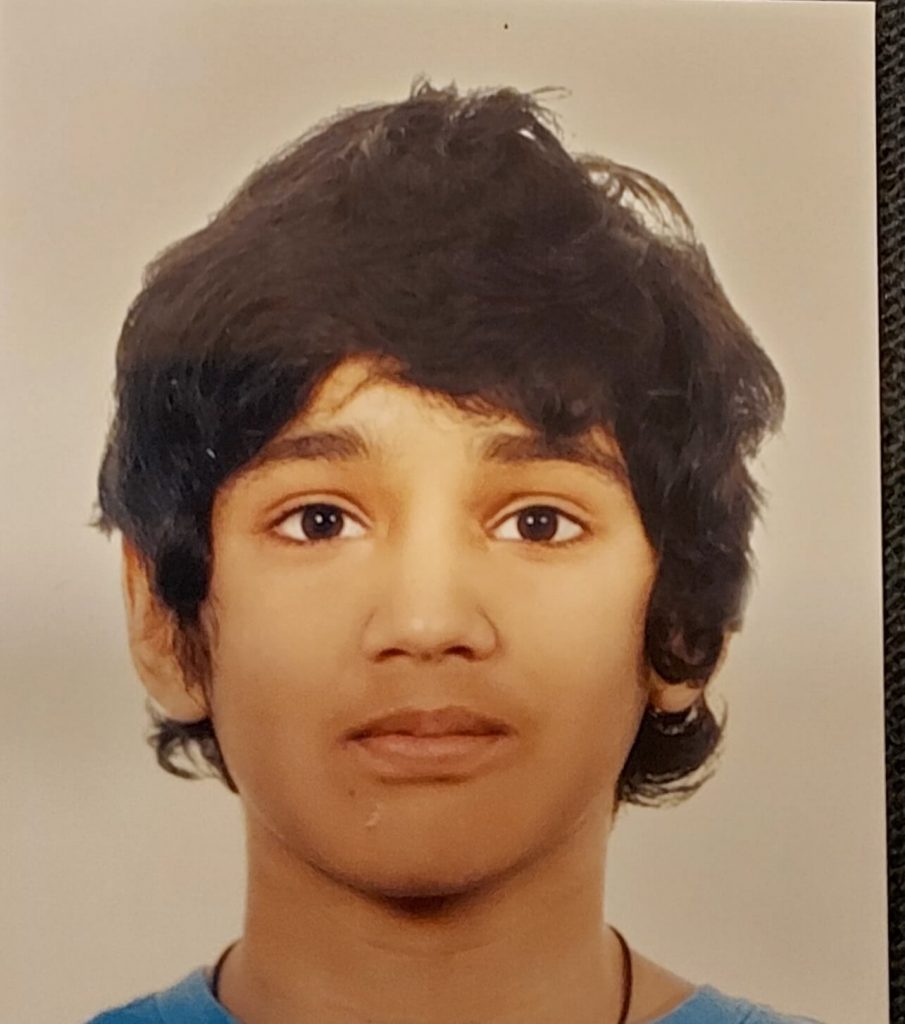Our Schools
Remember the days | cried?
Anormal teacher would have sighed,
But you my Anjana ma’am,
Consoled silly me
And freed me
Of every little worry
Ma‘am, you are one of a kind,
One like you is hard to find
The admiration in your eyes,
In my heart lies
And in my skies it thrives
Ma‘am, you are one of a kind,
One like you is hard to find
There have been times I’ve wondered,
Times I have blundered
On thinking ‘If you are a friend, a teacher
Or a friend in disguise of a preacher’
Whatever it is ma’am
You are one of a kind
One like you is extra hard to find
A happy happy Teachers’ Day
If I may say,
I love you
And you deserve every bit of today
And every other happy bit
Of every other day
Because you my dear Anjana ma’am
Are one of a kind
And is indeed the hardest to find
By Ananya Arun
Grade 7C, Ekya School JP Nagar









Leave a reply